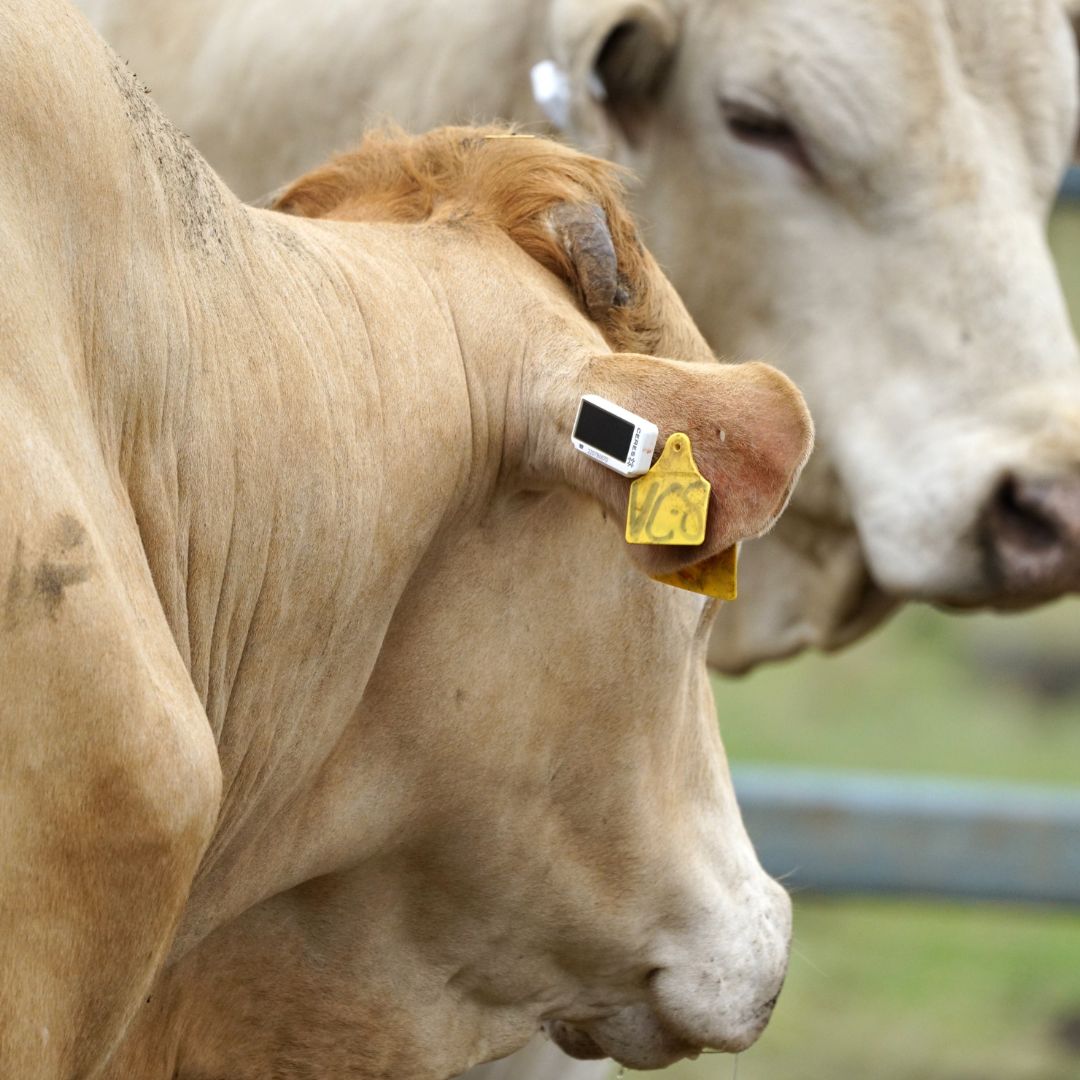
Automated, Global Data Capture for Researchers
CERES TAG's direct to satellite, automated data collection facilitates tracking and monitoring of livestock and wildlife regardless of location, delivering powerful insights for several research domains.
Without any infrastructure requirements, CERES TAG offers a suite of benefits to researchers that conduct impactful studies via a simple data pipeline.
Agricultural Innovation
-
Enhanced Livestock Management
CERES TAG enables researchers to monitor animal health, behaviour, and movement remotely without the need for additional infrastructure, optimising breeding, feeding, and disease management practices. This leads to increased productivity and sustainability in livestock operations.
-
Sustainable Farming Practices
By providing data that can help to ascertain livestock's environmental impact, CERES TAG assists researchers to develop strategies to reduce carbon footprints and improve land use, aligning agricultural practices with sustainability goals.
Climate Science Insights
-
Ecosystem Monitoring
CERES TAG offers invaluable data on animal migration and habitat changes, aiding climate scientists in understanding how global warming affects biodiversity and ecosystem dynamics.
-
Climate Adaptation Strategies
The technology supports the development of adaptive management practices for agriculture and wildlife conservation, which can help to mitigate the adverse effects of climate change.
Boosting Food Production
-
Feed Efficiency and Crop Management
CERES TAG's detailed animal data assists in optimising feed efficiency and grazing patterns, which can lead to more effective use of agricultural lands for food production.
-
Food Security Solutions
By improving livestock health and productivity, CERES TAG contributes to enhanced food security, ensuring a stable supply of animal protein to meet growing global demands.
Conservation Efforts
-
Wildlife Conservation
CERES TAG aids in the tracking of endangered species, providing critical data for conservation strategies that protect biodiversity and prevent extinction.
-
Habitat Restoration
Researchers can use CERES TAG data to monitor the success of habitat restoration efforts, ensuring that conservation projects are effective and sustainable.
Subscribe to learn more.
Discover how CERES TAG connects people with animals.

Efficiency & Effectiveness.
CERES TAG provides innovation for researchers across the fields of agriculture, climate science, food production, and conservation. By harnessing the power of automated, globally available data and analytics, CERES TAG not only enhances the efficiency and effectiveness of research but also contributes to a more sustainable and resilient future.